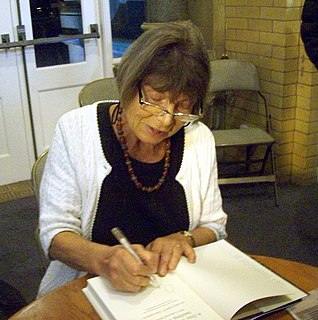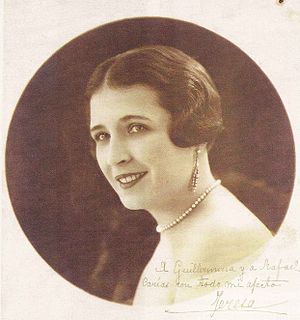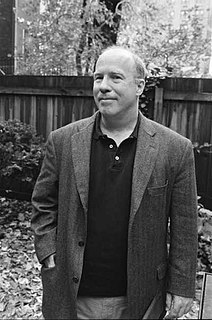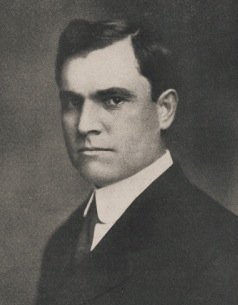A Quote by Romesh Gunesekera
To come to England in the 1970s was to return to this strange other-world of half-known history. I found the imperial architecture curiously familiar: the post office, the town hall, the botanic gardens.
Related Quotes
Memories do not change, and change is the law of existence. If our dead, the closest, the most beloved, were to return to us after a long absence and instead of the old, familiar trees were to find in our souls English gardens and stone walls - that is to say, other loves, other tastes, other interests, they would gaze upon us sadly and tenderly for a moment, wiping away their tears, and then return to their tombs to rest.
It is a curious emotion, this certain homesickness I have in mind. With Americans, it is a national trait, as native to us as the roller-coaster or the jukebox. It is no simple longing for the home town or country of our birth. The emotion is Janus-faced: we are torn between a nostalgia for the familiar and an urge for the foreign and strange. As often as not, we are homesick most for the places we have never known.
The question of whether world peace will ever be possible can only be answered by someone familiar with world history. To be familiar with world history means, however, to know human beings as they have been and always will be. There is a vast difference, which most people will never comprehend, between viewing future history as it will be and viewing it as one might like it to be. Peace is a desire, war is a fact; and history has never paid heed to human desires and ideals.
Does the unmistakeable intent of Versailles to proclaim dominion over nature destroy its aesthetic appeal, as Schopenhauer thought? Does the greenness of the lawn lose its allure when we learn how much water, sorely needed elsewhere, it uses? And historical shifts in garden taste - from formal, 'French' gardens to 'Capability' Brown's landscapes, for instance, or from the elaborate gardens of imperial Kyoto to Zen 'dry' gardens - register important changes in philosophical or religious attitudes.
I really love the combination of Israel and England. They are completely different. The British are very private and keep things to themselves, while Israelis aren't that way. In England, I couldn't make friends with people in the supermarket or people who work at my bank or post office, but in Israel I can, and I like that.


































